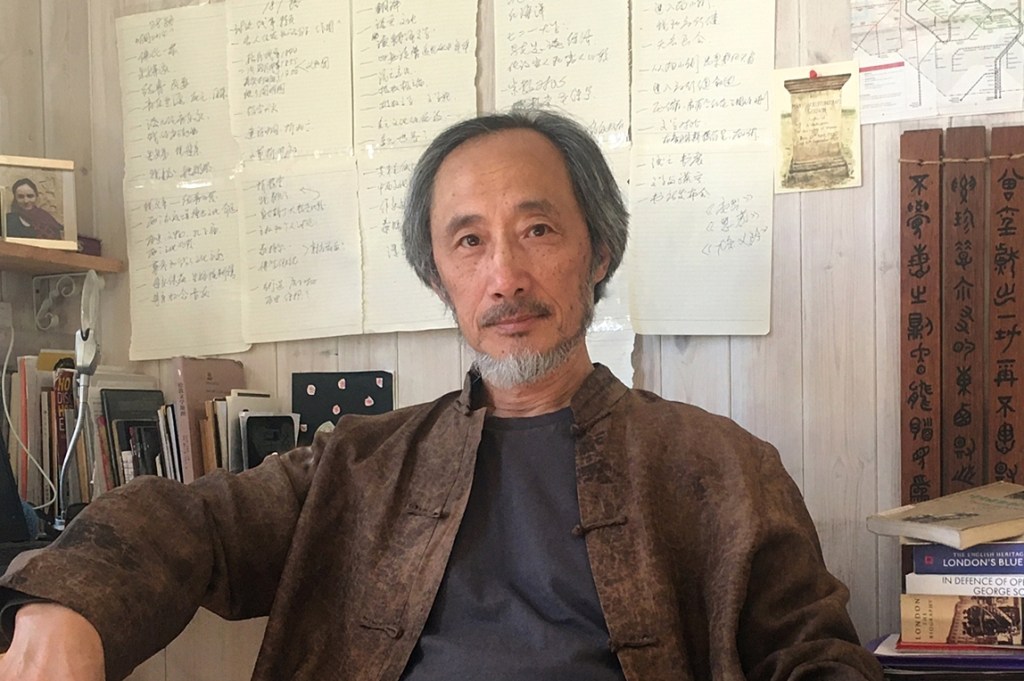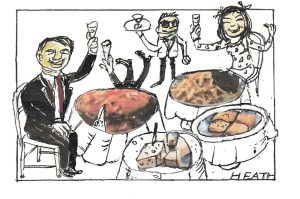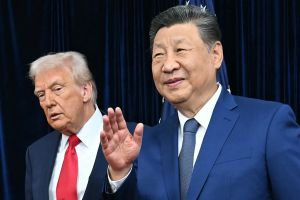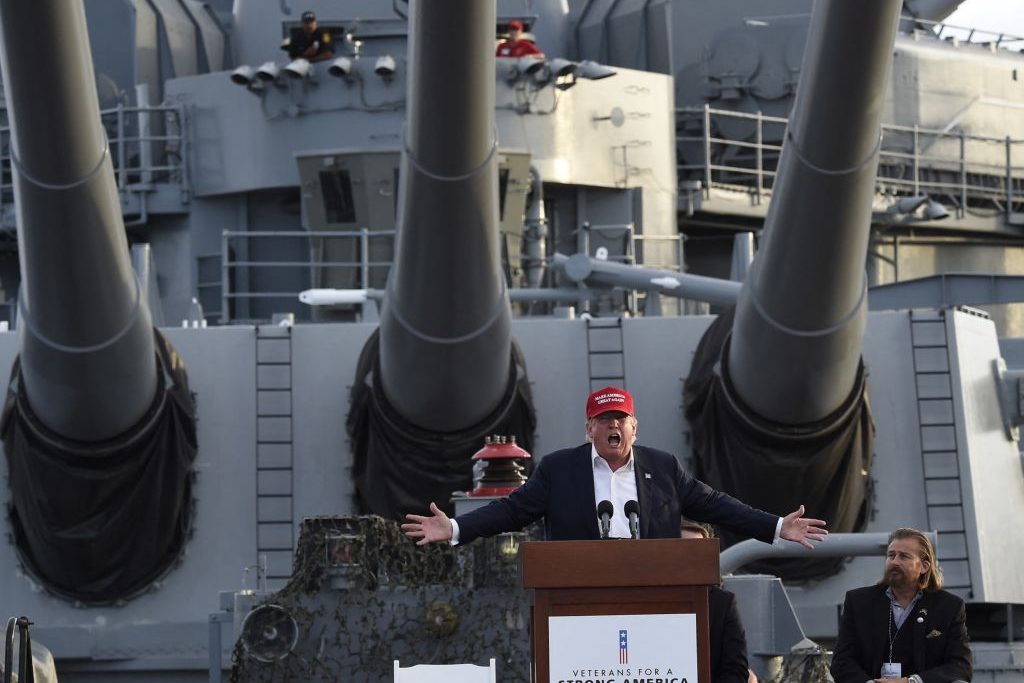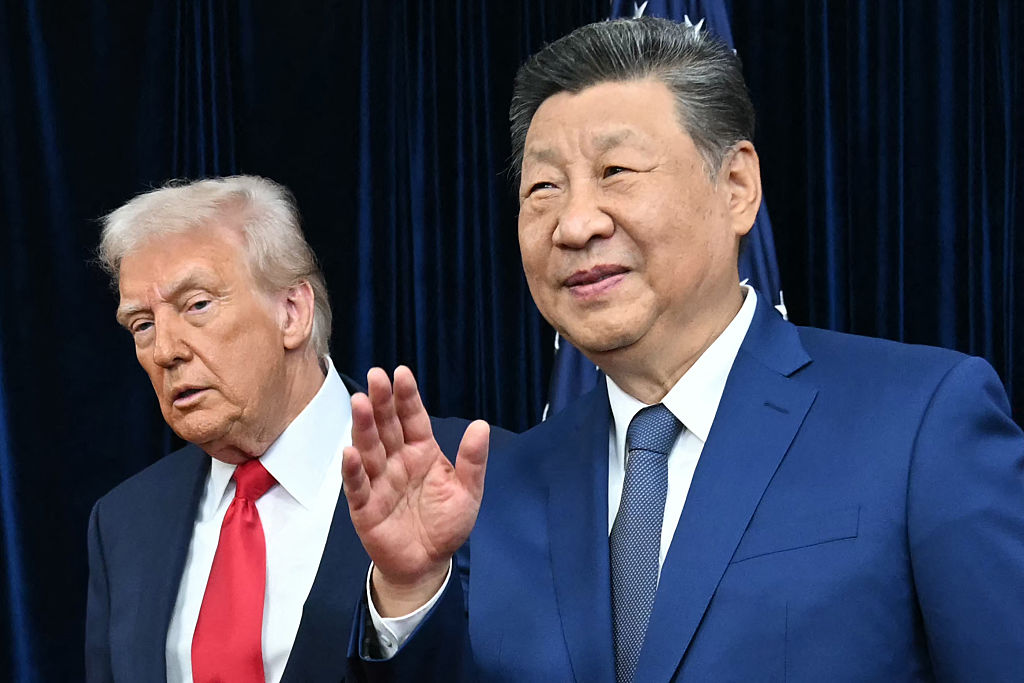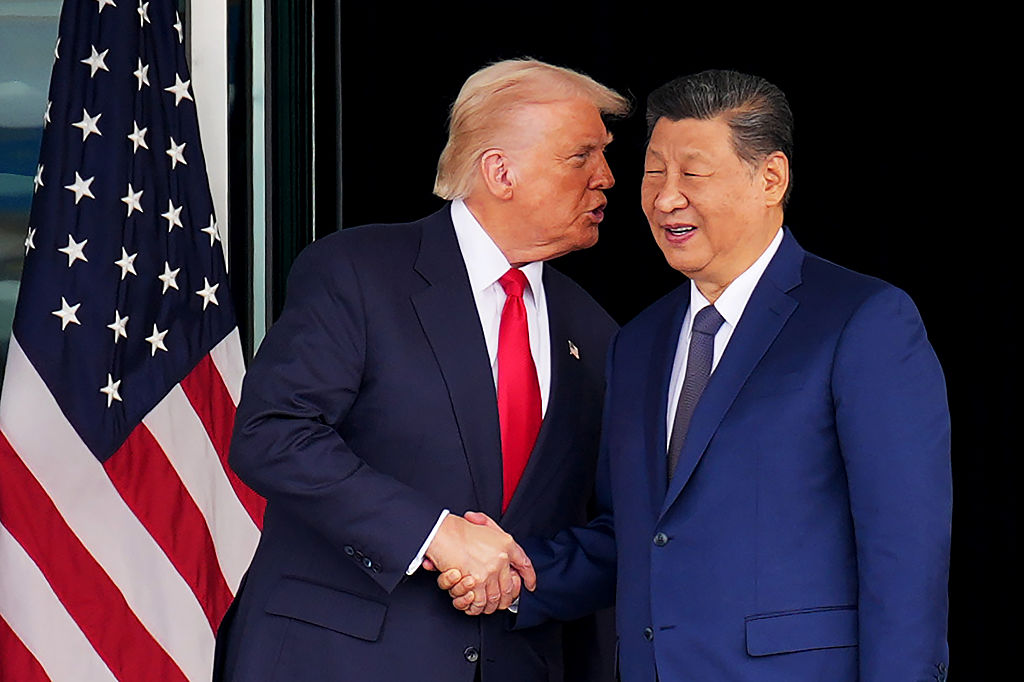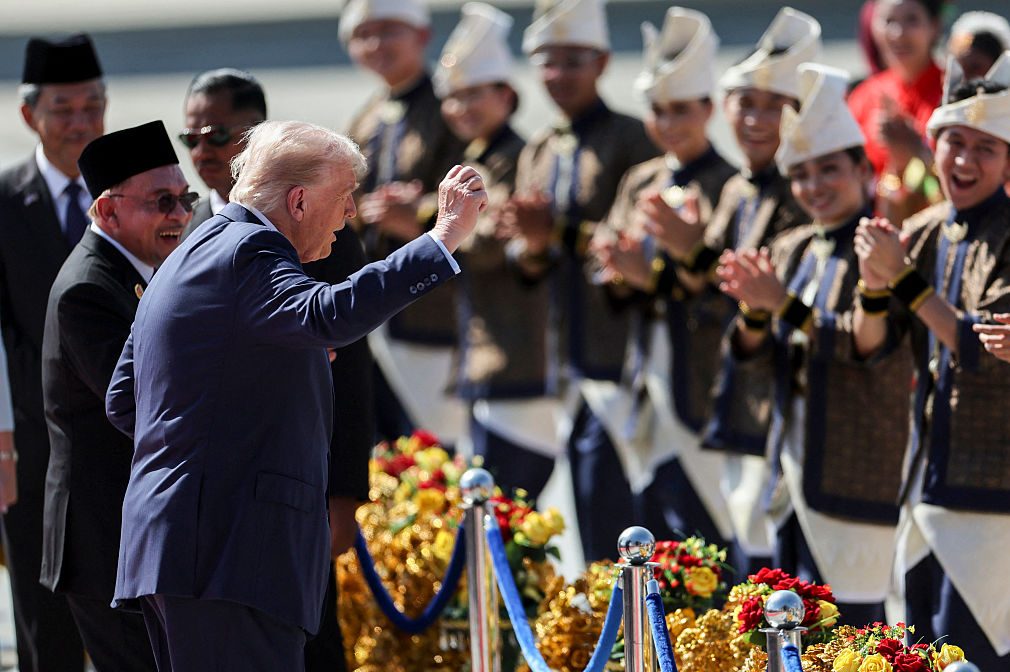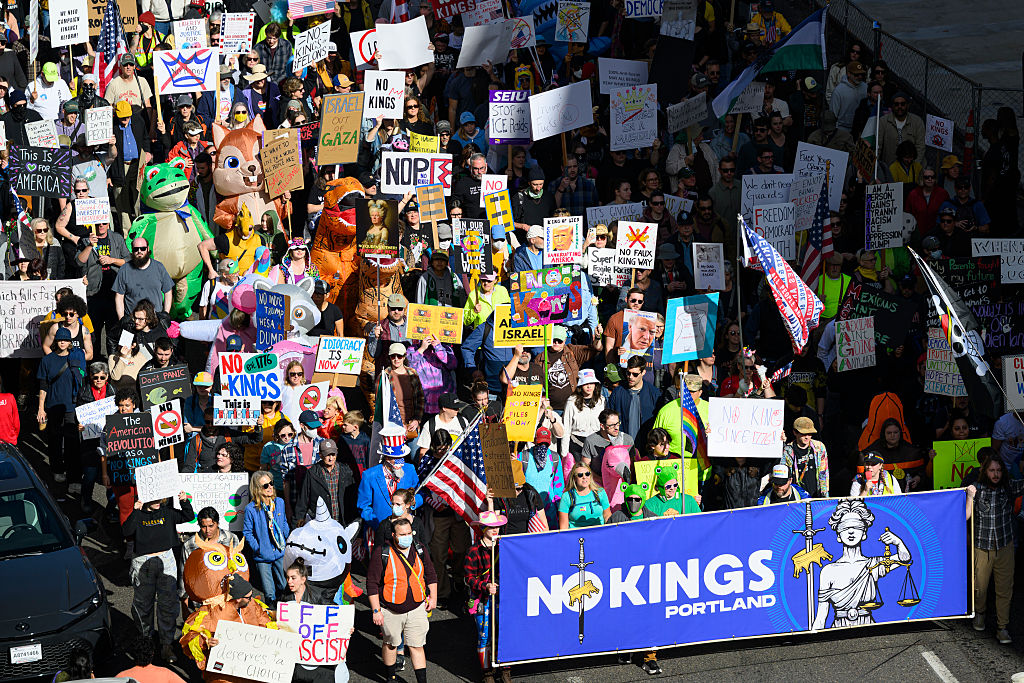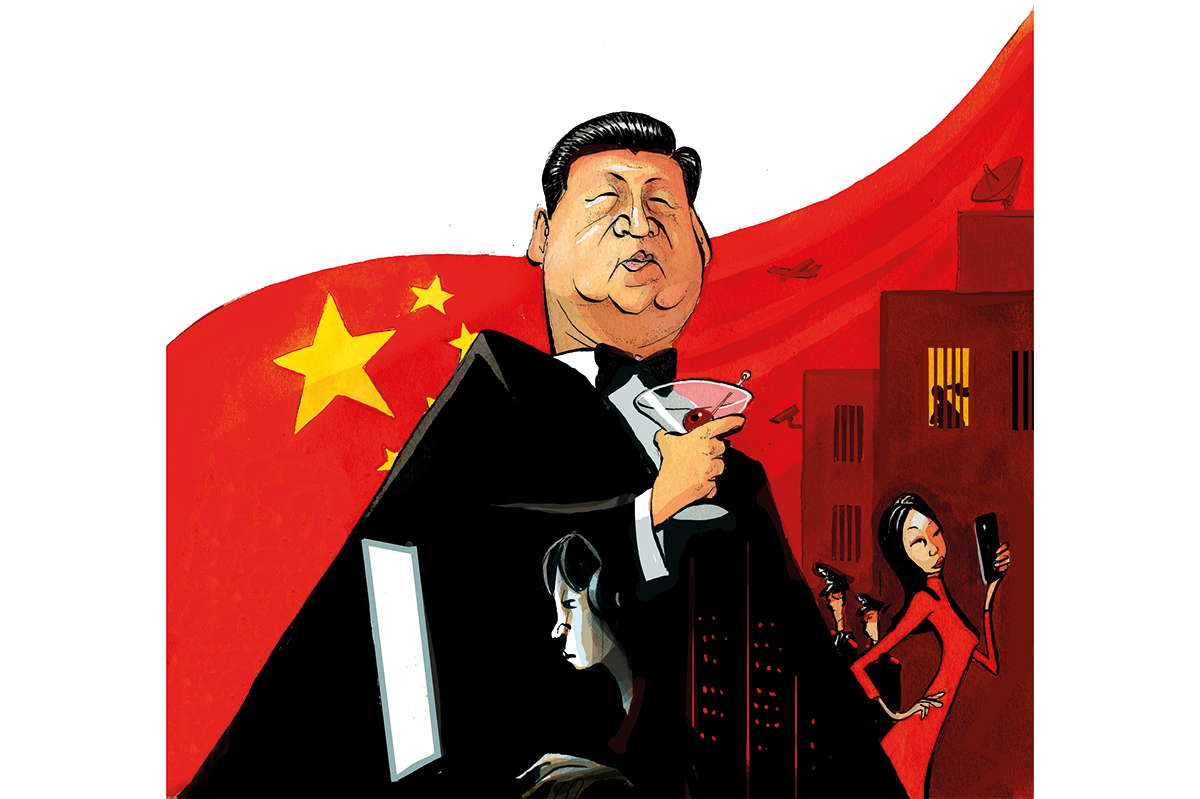Should we blame China for the spread of coronavirus? And how should the West respond if the communist regime did cause the pandemic by lying about the virus as it emerged? I spoke about these questions to the dissident author Ma Jian, who has been described — by another dissident — as ‘one of the most important and courageous voices in Chinese literature’. His novels have been called — by a critic — ‘a powerful corrective to the self-interested Western view of China’. Ma believes that the economic miracle in China that has given us cheap goods in the West is also bribing the Chinese to forget their past and infantilizing them in their relationship with their rulers. His most recent novel, China Dream, is a brutal satire about the ugly reality of communist party rule behind the beautiful lie of President Xi’s ‘China Dream of National Rejuvenation’. His books — which are all banned in China — confront what he has called China’s ‘collective fear of truth’. He lives in exile in London and is at work on a new book in his garden shed. His English translator, Flora Drew, is also his wife. I emailed them some questions, asking him first if he thought the regime was to blame for the pandemic. He responded by talking about Li Wenliang, the doctor in Wuhan detained by the secret police for sounding the alarm — and who later died from the virus:
MJ: Xi Jinping and the CCP [the Chinese Communist party] are the primary culprits for this global catastrophe. By covering up the outbreak during the crucial first three weeks, the regime allowed the virus to spread exponentially. Had this window of containment not been lost, an estimated 95 percent of the cases could have been avoided. Dr Li Wenliang warned his colleagues about seven cases of a Sars-like pneumonia at his Wuhan hospital on December 30, advising them to protect themselves, as he suspected the virus could be passed from person to person. In any normal society, he could have reported his concerns directly to the hospital authorities, and the public would have been immediately informed. It would have been front page news. But China is not a normal society. Dr Li was silenced. The truth and free expression were suppressed, and the public were left in the dark.
PW: Has the Chinese government been lying about the origin of the virus? Was this made in a lab?
MJ: The Chinese authorities claim the Wuhan wet market is the source, but have never provided concrete evidence. We just to have to take their word for it. Most scientists agree the virus is not man made. But it’s not unreasonable to conjecture that the virus may have leaked inadvertently from research labs, one eight miles, the other just 330 yards from the market. This isn’t beyond the realms of possibility. A study published in the Lancet revealed that the first COVID-19 patient had no connection to the market, and neither did 13 of the first 41 cases. The Chinese government must allow a full investigation to take place. It must open up its labs to independent experts and allow all relevant personnel to be interviewed to determine the true origin of the virus. This is the least it owes to the world for the calamity it has inflicted.
PW: China told the World Health Organization there was a mysterious new virus on December 31. The warning did not mention human-to-human transmission. What did they know and when did they know it?
MJ: Yes, Chinese health authorities reported a cluster of ‘pneumonia of unknown cause’ to the WHO on December 31, but they downplayed the dangers to the Chinese people. They told the public not to be alarmed, insisting the virus was not transmissible between humans. Taiwan didn’t fall for these false assurances, and immediately began fever screening all flights from Wuhan. In times of national emergency, the Chinese government’s first instinct is to cover up. The wet market was sealed and bleached, lab samples destroyed. During important provincial government meetings held in Wuhan from January 6-10, no new cases of the virus were reported. A mass banquet for 40,000 families was allowed to go ahead in Wuhan as planned. The authorities hoped that if they suppressed news of the virus it would disappear. They refused to let it spoil the Spring Festival celebrations and Xi Jinping’s China Dream of national prosperity and harmony. As always, they prioritized saving the CCP’s face over saving people’s lives.
PW: Could this have been the local authorities in Wuhan? And then President Xi steps in to manage the crisis, ending the cover up…
MJ: Xi Jinping is implicated from the start. Having made himself ‘president for life’, the most powerful leader since Mao Zedong, he is ultimate leader and must take ultimate responsibility. The central government always blames local authorities for mistakes to absolve the central leadership from blame. Xi would have known about the dangers of the virus by the end of December, at the very latest. News of the police punishment of eight Wuhan doctors, presumably including Dr Li, would not have been aired on CCTV in early January without approval of the central government. In February, Xi released a speech claiming he had been overseeing control of the epidemic since January 7. But why did he make no mention of the virus when he traveled to Myanmar and Yunnan province in mid-January. Why did he wait until January 20 to make his first public statement?
PW: Some doctors in the West have praised China. I was thinking in particular of Dr Richard Horton, editor-in chief of the Lancet, who says the Chinese government moved swiftly to warn the world and Britain and the US failed to act on their warnings. There was also a now famous — or notorious — article in the Atlantic by two law professors praising Chinese internet censorship about the virus. Some Western intellectuals have said we should be more like China. What do you say to them?
MJ: I say to them: they are shameless apologists for an inhumane regime. How can they praise a government that notified the WHO of the outbreak, but hid information from its own people, allowing the virus to grow exponentially and spread to the rest of the world? A government that silenced frontline medics, brave whistle-blowers, that disappeared citizen journalists trying to report objectively on the spread of the virus? A regime that dragged infected patients down the street and herded them like cattle into trucks, that imprisoned some families in their homes, sealing their front doors with metal bars? If China had a free press, free expression and leaders who valued human life, the virus would not have spread so fiercely, and the draconian lockdown imposed in late January would have been unnecessary. If Westerners want to praise a national response, they should look at Taiwan, South Korea, New Zealand — healthy democracies that suppressed the virus without harming human dignity and basic freedoms. I suspect that some Westerners’ praise of the CCP is political, influenced by hatred for America. But the truth is, it is perfectly possible to abhor everything that Trump stands for, to berate his reckless mishandling of the pandemic, to consider Boris Johnson’s management a catastrophe, while at the same time condemning Xi Jinping’s repressive dictatorship for their cover ups, murderous lies and inhumanity.
PW: How much trouble is the regime in? Does Dr Li become the symbol of a new political movement?
MJ: Domestically, I fear that the regime is stronger than ever. Having allowed the virus to spread so fast that it was forced into taking belated and drastic action, the CCP has now recast itself as the savior of the Chinese people, and even the benevolent savior of the world. The propaganda has worked, and the masses have returned to the blissful slumber of Xi Jinping’s China Dream. Dr Li has been appropriated and redefined as a heroic martyr wronged by the now sacked provincial leaders. All dissenters have been disappeared. If China’s economy makes a full recovery, the CCP will be untouchable.
PW: So what should the West do? Economic sanctions? If we stop buying Chinese goods, doesn’t that hurt the Chinese people? Doesn’t any action targeting the regime make the Chinese people suffer first and most?
MJ: Western leaders must recognize that they have been complicit in China’s totalitarian rise. Since 1989, they have turned a blind eye to the CCP’s human rights abuses, the crushing of free speech, the desecration of Tibet, and most recently the horrific concentration camps in Xinjiang. Injustices have been ignored in the quest for profit. This pandemic has shown that when democracies engage uncritically with tyrannies, eventually everyone’s freedoms and security are endangered. The adversary is not the Chinese people, but the Chinese state. Western governments must disengage, stop selling off vital infrastructure to the CCP, stop relying on China for products vital to their citizens’ health. They must grow a moral backbone, and ensure that this pandemic marks the end of the CCP’s corrupt infection of this world, and not the painful warning sign of worst to come.



